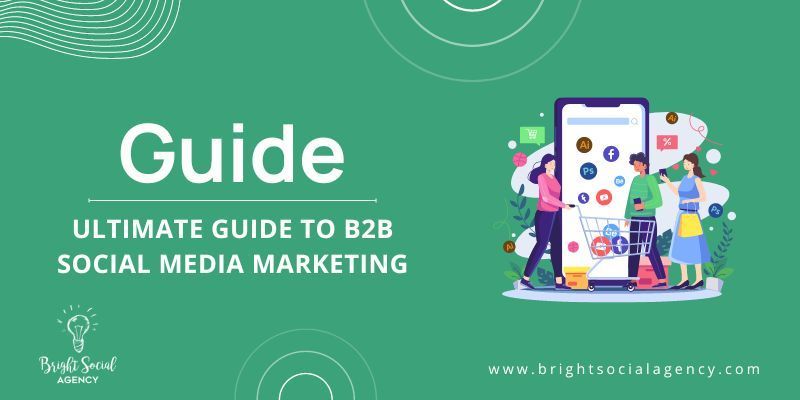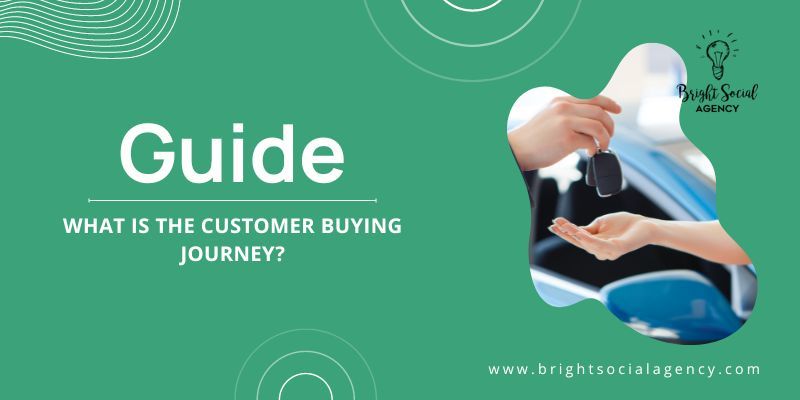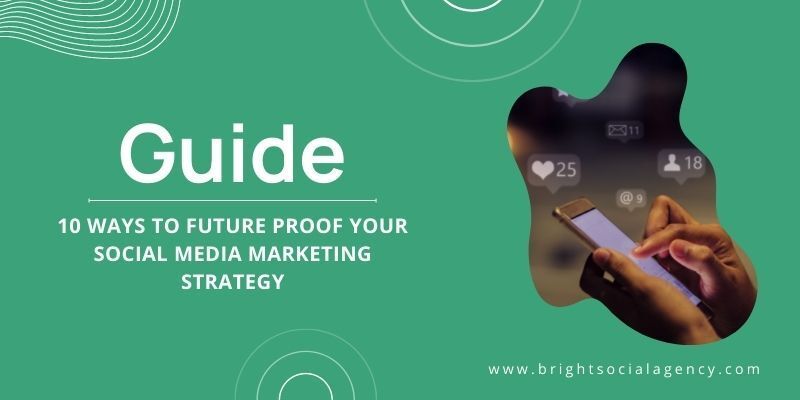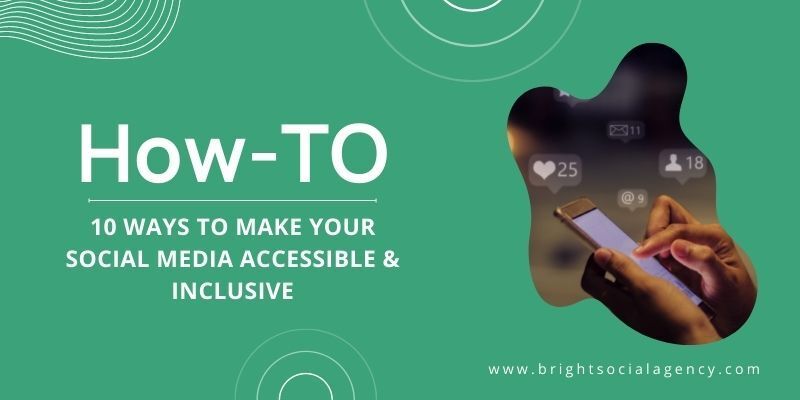How Your SEO Should Impact Your Social Media Marketing Strategy?
SEO and Social Media are not unlike each other. In both instances, your strategy should be tailored toward your goals and include a variety of tactics that will help you succeed. As Google's algorithm continues to change, you need to ensure that your SEO is compatible with the way they view social media.
In order for your social media marketing campaign to be successful, you need to make sure that your SEO strategy is strong.
How To Integrate SEO, Social Media And Content Creation For Maximum Impact?

To maximize the impact of your SEO, social media marketing and content creation services, especially if you're doing it on a budget, it's important to integrate all your efforts.
Integration helps you get better results. You can use the same content across multiple channels and track performance easily.
For example, if you write an article and submit it to a directory or blog, you can use the same title and description in your social media posts. You can also include some of the text from the article in your social media posts. This will help get more clicks and shares.
You can also use the same article to create a video or an infographic. You can create a Facebook post, Twitter tweet and LinkedIn update from the same content. This helps you reach more people and get better results.
Social media marketing isn't merely a complement to SEO, but an essential part of it.
It’s time to throw out the old notion that social media marketing is a complement to your SEO strategy. Social media is an essential part of your digital marketing plan, and it should be treated as such.
Social platforms like Facebook and Instagram provide you with an opportunity to build your brand, drive traffic to your website, increase search traffic, reach new customers and prospects—and even boost brand awareness for people who may not yet be familiar with who you are.
Integrating your SEO, social media marketing and content creation services is important because it helps you get better results. You can use the same content across multiple channels and track performance easily. For example, if you write an article and submit it to a directory or blog, you can use the same title and description in your social media posts.
To make sure that your social media strategy is as effective as possible, there are a few things you should keep in mind. First, be consistent. Posting on a regular basis is essential to building an engaged audience and growing your reach. Second, don’t just post content—pay attention to the response you get from your audience and respond accordingly.
For driving traffic, SEO is more effective when used in tandem with social media marketing.
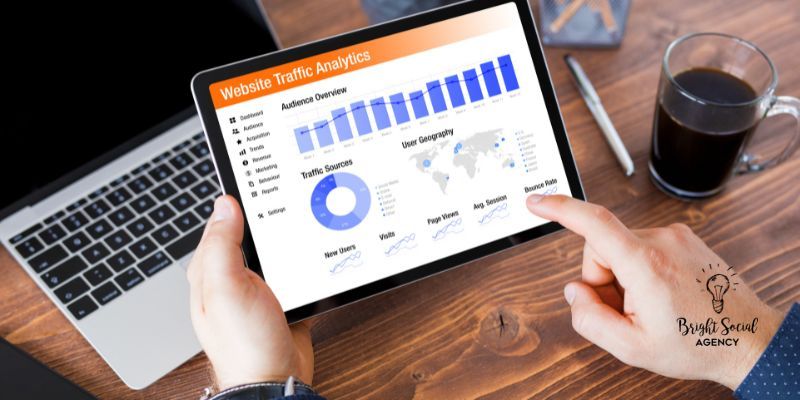
You might be wondering: If social media is such a powerful tool for driving traffic, why would you need SEO?
The truth is that social media can help drive traffic to your website, but it’s not as effective at converting that traffic into leads or sales.
SEO has a long term impact on your business because it helps you build trust with consumers and improves consumer awareness of your brand. For example, when someone searches for “cheap pizza delivery near me” on Google, they will see the first few organic results appear in their search results page. These organic results are typically dominated by local businesses who have optimized their website and other digital assets to rank highly in Google's algorithm (which looks at hundreds of factors) so they can get more leads from this query than companies that haven't invested time into SEO.
Social media marketing can help you boost your search traffic.

Social media is also a great way to boost your search traffic. According to a study by Inc., 86% of people use social media to find new brands, products and services. This means that if you're not using social media for SEO purposes, you could be losing out on a lot of potential business!
When done correctly, social media marketing can help you rank for long tail keywords that aren't competitive. It's also a great way for small businesses who don't have the budget for paid ads to rank organically in Google searches.
When you're using social media for SEO, it's important to remember that you want to be engaging with your audience rather than just trying to sell them products. If you post content that people find interesting and valuable, they'll share it with their friends and followers. This will expose your brand to a wider audience and help boost your ranking in search engines.
Social media marketing and SEO are both necessary for brand awareness.

[Brand] awareness is one of the most important factors in search engine optimization (SEO). It can also help you to increase your brand's reach and make your company more visible on social media.
Social media marketing (SMM) is a great way to increase brand awareness. Many businesses use SMM strategies to promote their products or services, share new information, and engage with customers in a more personal way than traditional advertising does.
However, if you want people who are interested in your product or service to find you when they search for it online, then SEO should be a part of your marketing strategy as well!
SEO has a long term impact on your business because it helps you build trust with consumers and improves consumer awareness of your brand. The first organic result will likely be a local pizzeria that has optimized their website, social media accounts, and other digital assets to rank well in Google.
This guide will help you understand how SEO and SMM work together to drive traffic to your website, increase your brand's reach, and improve your search engine rankings. It will also provide some tips on how to manage both strategies effectively so that they complement each other rather than working against each other.
SEO and social media marketing strategies overlap in other ways, too.

SEO and social media have a lot in common. They're both about creating content that users will find useful and engaging. They both aim to improve the user experience. And they're both valuable for brand awareness and visibility, which leads to more conversions down the road.
So if you're already doing SEO, you may as well consider adding some social media marketing tactics to your strategy as well (and vice versa).
Your site will be more likely to rank high in search engines. You'll get more backlinks, which means more traffic from other websites. If you're new to the world of social media marketing, it's not too late to start. You'll need to put in some time and effort, but if done right you can get a lot of value out of your efforts.
Social media can be a great place to find customers. You'll see what they're saying about your brand and get feedback on your products or services. You can also use it as a platform to promote new content you've published online and drive traffic back to your site.
Your SEO Should Impact Your Social Media Marketing Strategy

SEO and social media marketing are complementary.
If you're not utilizing SEO in your social media strategy, you're missing out on a huge opportunity to grow your audience and drive more traffic to your site. On the other hand, if you're ignoring social media in favor of just focusing on SEO, then you're probably missing out on tons of opportunities to engage with users and make sales through organic channels. So how do we get them both working together?
Let's start with SEO. SEO is a long-term strategy that requires you to think about your site holistically and build it up over time. We're not just talking about keyword selection here (although that is still very important), but also about creating helpful content that users want to consume. The goal of all this is to make sure that when people search for things related to your business, they find you at the top of the search results page.
But there's more to SEO than just building a site and hoping for the best. You also need to put in some effort into making sure that your content is properly optimized, which means using relevant keywords in your title tags, meta descriptions, body copy and more. This will help boost your rankings and drive traffic from search engines like Google.
So what about PPC? PPC is all about getting results right away. You can run a campaign and see an immediate increase in traffic, which allows you to quickly measure ROI. But it's not just about driving traffic, either—it's also about leading people down the conversion path, which means providing them with a good experience on your site.
PPC is great for getting an immediate boost in traffic, but once your campaign has run its course, you'll need to focus on SEO. The best way to do this is by using a tool like Google Search Console, which allows you to track clicks and impressions on your ads as well as monitor organic rankings.
The problem with PPC is that it can be expensive. You have to pay every time someone clicks on an ad, which means if your conversion rate isn't high enough, you could end up spending more than you earn. On the other hand, SEO doesn't cost anything unless you decide to hire a freelancer or agency to help out with things like keyword research and link building.
This makes it a better option for small businesses that want to get their site ranking in the search engines without spending any money. The problem with PPC is that it can be expensive. You have to pay every time someone clicks on an ad, which means if your conversion rate isn't high enough, you could end up spending more than you earn. On the other hand, SEO doesn't cost anything unless you decide to hire a freelancer or agency to help out with things like keyword research and link building.
This makes it a better option for small businesses that want to get their site ranking in the search engines without spending any money. SEO is also a long-term investment. You can't expect to see results from your SEO efforts overnight, as it takes time for Google's algorithm to index changes on your website.
However, if you're willing to put in the work and make consistent improvements over time, you'll eventually see an increase in organic traffic. The first step to improving your SEO is to get a clear understanding of how Google's algorithm works. This will help you identify the areas on your website that need improvement, and it'll also give you insight into what kinds of changes will benefit your rankings the most.
The Benefits of an Omnichannel Approach to SMM

If you're wondering why you should consider an omnichannel approach to SMM, here are just some of the benefits:
- Increase in traffic. This is obvious, but we'll say it anyway. If you have a website, you want people to be able to find it—and that means spreading yourself across all channels.
- Increase in engagement. Your customers are most likely using multiple types of social media platforms, so why not talk with them there? You can also engage with other businesses or influencers who may share your content or support yours on their own channels.
- Increase in leads and sales. Through increasing brand awareness and loyalty among your customer base, there's no limit to how successful an omnichannel campaign can be when it comes time for conversions (or even simple purchases).
Content Creation Services for your SMM

If you're looking for content creation services for your SMM, we can help. We'll provide you with high-quality content that is both relevant to your audience and engaging. We'll even go the extra mile by creating unique and original pieces of content that stand out from the crowd.
Keyword Research for your SMM

Keyword research is also essential to social media marketing.
Keywords are the words people use to search for products and services online. They can be used to find new customers, but they can also be used to find new content that you can share on your social media channels. This can include blog posts or other articles relevant to your industry, as well as interviews and other types of content that feature experts in their field.
When you find content that is relevant to your audience, make sure to share it on your social media channels. This will help build relationships with people who are interested in the same topics as you and can help them find new content they might not have otherwise discovered.
Technical SEO for your SMM
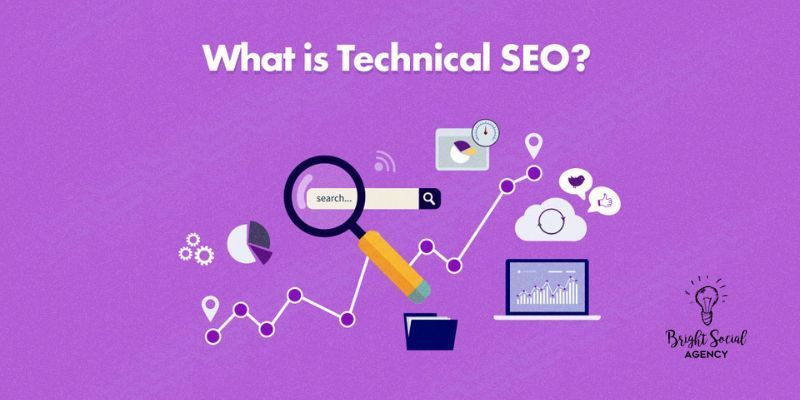
If you're new to the world of SEO, this section is for you. If not, then we'll assume that you already know how important technical SEO is for your social media marketing strategy; and if not, then we'll assume that someone who's been professionally involved in the industry has already explained it to you!
Technical SEO refers to the process of making sure a website is optimized for search engines. This involves things like site speed, mobile optimization, page load times and more. In other words: if a user searches for something on Google or Bing (or whatever) and finds your website before any of your competitors’ websites… guess what? That’s where they’re going!
The key to technical SEO is knowing how search engines work and optimizing your website accordingly. The good news is that there are plenty of tools out there that can help you with this process. For example, Google has its own set of tools that allow you to see what people are searching for in their area (and whether your website shows up first), as well as track how many visitors your site gets each month.
If you haven't thought about how SEO can help improve the performance of social media marketing, now is the time.

If you haven't thought about how SEO can help improve the performance of social media marketing, now is the time.
- SEO can help you get more traffic from search engines.
- SEO can help you improve your social media marketing.
- SEO can help you create better content for social media platforms like Facebook and Twitter.
- SEO can help you create a better brand image that resonates with users on social media platforms like Facebook and Twitter.
Accessibility features on social media platforms improves SEO and inclusion

Accessibility features improve SEO and inclusion, but only if you use them. For example, Facebook’s “Text-to-Speech” feature reads out text that is on your page so visually impaired people can hear what you have written. Google Chrome also has a “Voice Search” feature which allows people who cannot see or hear to use voice commands to navigate through websites. These features make a huge difference in how your site performs in search engine results pages (SERPs).
How can I improve SEO with accessibility features? The answer is simple: use them! If you don't know what they are or how best to implement them, this post will help get you started.
- Accessibility Features List: A list of all the different types of accessibility features available on major social media platforms today. * Accessibility Feature Benefits: Why should you care about accessibility features? What are their benefits? * Examples: Examples of how different websites implement their own version of these helpful tools.
Conclusion
If you're looking to make the most of your search traffic, social media marketing and content creation services, it's time for a better approach. Integrating all your efforts can help you reach more customers through search engines, social media platforms and other channels. The best part? It doesn't have to be expensive or complicated!
This post may contain affiliate links, which means that we may receive a commission if you make a purchase using these links.

